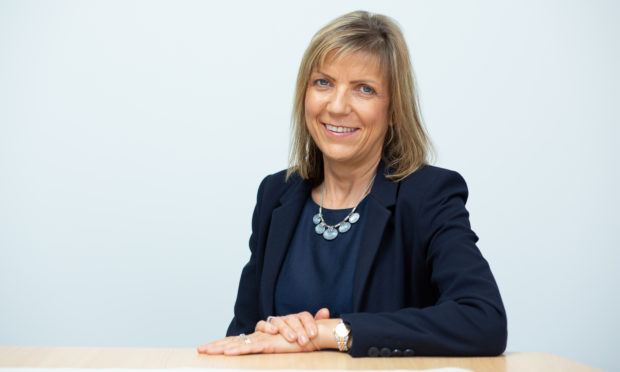Proud business owners who struggle on against mounting debts can leave it too late to seek advice to save their companies.
That’s the view of Christine Convy, the founder of Dundee, Fife and Glasgow-based restructuring specialist Dunedin Advisory.
She said the lack of a restructuring culture in Scotland means many firms are unaware of tools that could put their business on a surer footing.
Ms Convy thinks Dunedin Advisory, which employs 21 staff across its offices, has an important role to play in helping Scottish firms navigate the Covid-19 crisis.
There is some breathing space for companies at the moment, with government support such as the furlough scheme and bounce back loans, and also an informal moratorium on court action against companies whose difficulties can be attributed to Covid-19.
However, Ms Convy said companies should not waste this time in assessing their strategic options, including asking creditors to agree new terms.
She said: “Our country doesn’t have a restructuring culture.
“We are a proud nation and a lot of SME owners are very highly principled.
“The very whisper of failure, of not being able to meet commitments, goes against the grain.
“What we find is people struggle on and take too much pain themselves when there may have been a better solution for the future success of the business if practical steps were taken at an earlier stage.
“Yes, the government has been good at putting in methods of support – but restrictions on the furlough scheme are going to kick in from August, bounce back loans have to be repaid, and are they going to have the same volume of customers or is it going to be a slow return to normality?
“For the first time ever some very successful businesses will have to rely on reserves – reserves that were meant for investment and future growth, not just to stand still.
“These firms have to consider their customers – will they be able to pay, will they be as successful as they were before? They have to think of the domino effect through the market.”
Tools such as a company voluntary agreement (CVA) – where a company’s creditors agree a payment plan – are frequently used by large retailers negotiating with landlords.
However, it is less frequently used by Scottish SMEs who may be struggling as their debts during lockdown mount up while achieving a much reduced income.
Every CVA is bespoke to the company’s individual circumstances and can be flexible in terms of payment terms, including different pence in the pound rates and timescales for different creditors.
“It can put the business on a much sounder footing going forward and can benefit the creditors too, enjoying future supply as well as full or partial repayment,” Ms Convy said.
“They have to consider what’s the alternative? If the business no longer trades and closes then there are lots of other costs – redundancies, termination of agreements and leases, immediately you have a much bigger liability.
“Agreeing an informal arrangement may be possible in a lot of cases, particularly for businesses that have had a long healthy trade and they’ve just been caught by Covid-19.”
Dunedin Advisory is offering up to a free half day consultation to brainstorm so businesses can think of how to operate going forward and to think about their strategic direction.
Ms Convy believes the greater demand for services from the firm, which covers the whole of Scotland, will come next year.
“We want to take the mystery away and want people to come and ask to see what support and options are available,” she added.
“A lot of the time businesses don’t come early enough – they try to work it out themselves and then when it doesn’t work and goes wrong it leaves less options.
“Companies also need a strong management team to address the issues required and now is the time to look at the strategic options.”
rmclaren@thecourier.co.uk
